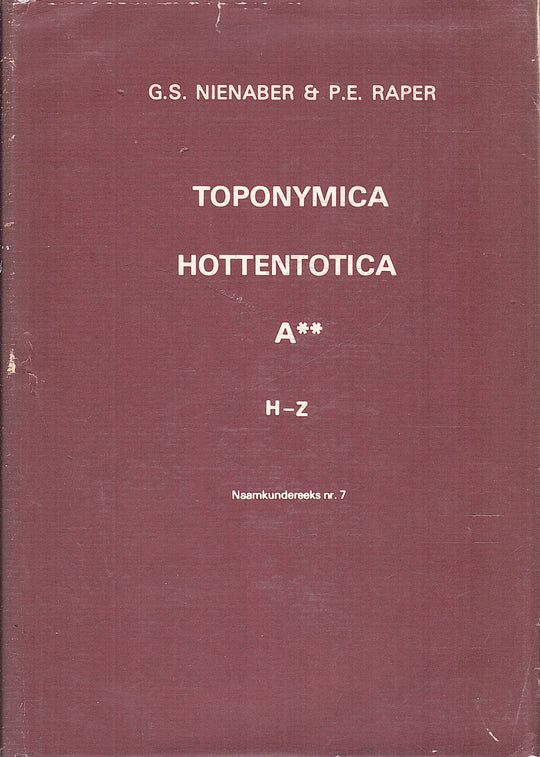Tharakkam(M)A, Caracamma
a farm still bears the old native name that lost to the river, today known under the name Olifants River (on the West Coast with the Writing in the Atlantic), in 1660 by Danckaert to it when he called it 'The Groote Oliphantsrevier' Heads of the fact that they saw 200 to 300 elephants there. Starrenburg kept the old inland name for us, also on his card it appears as 'rugged riv. Or Olifants riv.', And Seifs in Gordon's time it was still known to his native. Unfortunately, the ink faded and faded Scripture so unclear that our Gordon's translation cannot form exactly, the word 'rough' looks pretty sure. Pettman 1931 SAPN 36 leads the first member of the tribe in Nama ǀ Khora, 'Rough', it is However, uncertain, but not the member -kama (at Gordon 'Camma), it is 'water' or 'river' in Old Cape (Hott 430). Thara maybe rather at Nama Hara = 'Iippig'? (Rest 1960 DNW 66). Possibly better like Nama ǀǀ Khara = Large, thick (Kr.- R. 1969 NW 221). Punk River correlated with the old Tharakamma. The lower course of the current Olifants River was Deeǃ From the Punk River.




